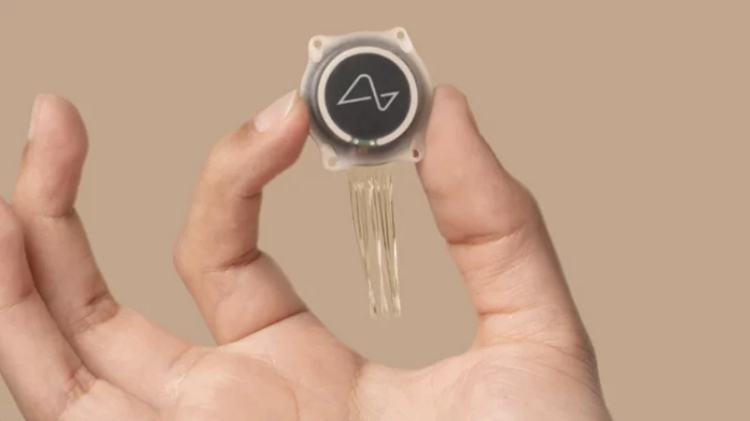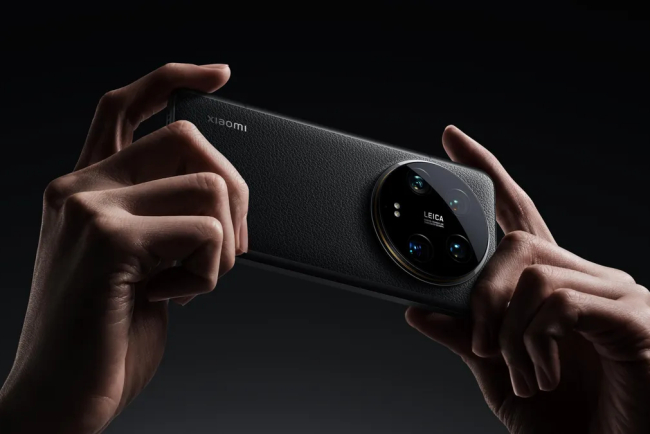Elon Musk Neuralink's Successfully Transforms First Human into Cyborg
Elon Musk's Groundbreaking Neuralink Venture: A Leap Towards Human-Brain Interface , First Human Brain Chip Implant


Elon Musk, the mastermind behind the revolutionary Neuralink project, has made a groundbreaking announcement via a post on the X platform: the first successful implantation of a neural chip into a human brain. This monumental achievement signals a potential seismic shift in technology, establishing a direct connection between the human brain and computers, and marking a pivotal moment in the journey towards human-machine integration [#HumanBrainChip].
Following the operation conducted last Sunday, Musk assured the public of the patient's encouraging recovery process. This marks the beginning of a new chapter for Neuralink, the company leading the charge in harmonizing advanced technology with human intellect. Despite the brevity of Musk's announcement, it has sparked a wave of anticipation within the scientific community for more in-depth information on this landmark achievement.
Neuralink has been at the forefront of innovation, having previously secured regulatory approval to test its cutting-edge chip implant and surgical instruments for efficacy and safety. Musk, the visionary behind Neuralink and the owner of the X platform, shared initial findings that demonstrate the chip's ability to precisely detect neural activity, laying the groundwork for what could be revolutionary communication enhancements.
Introducing 'Telepathy,' Neuralink's inaugural product, aimed at granting newfound communication abilities to individuals who have experienced loss of limb functionality. This initiative promises a future where communication could be as instantaneous as thought itself, with Musk envisioning capabilities that could rival the intellectual prowess of Stephen Hawking combined with the agility of a professional typist's speed [#NeuralinkTelepathy].
Over the past five years, Neuralink has dedicated itself to bridging the divide between the human brain and digital technology. Despite encountering ethical controversies and challenges, such as the loss of a test subject monkey, Neuralink has steadfastly continued its pursuit, ultimately receiving the FDA's nod to conduct human clinical trials. These trials target individuals with significant mobility impairments resulting from conditions such as quadriplegia and ALS, aiming to explore the safe application of its brain-computer interface technology.
The "PRIME Study," Neuralink's flagship human trial, investigates the feasibility of integrating its brain-computer interface safely into participants, who will undergo robotic surgery to implant a chip capable of enabling control over digital interfaces through thought alone.
As Neuralink propels towards commercial availability, it navigates a landscape shaped by pioneers in the brain-computer interface sector, including companies like Synchron, which has also received FDA clearance for human trials. The technological and ethical implications of such breakthroughs remain a hot topic of global scientific discourse. Experts, such as Tara Spires-Jones from the British Neuroscience Association, acknowledge the transformative potential of these technologies, while also highlighting their current experimental stage [#BrainComputerInterface].
This latest update from Neuralink not only underscores the rapid advancements in brain-computer interfacing but also illuminates the collaborative and competitive nature of this burgeoning industry. As Neuralink advances towards its ambitious goals, the world watches eagerly for the next developments in this thrilling venture towards enhancing human capabilities through technology.
For further insights into Neuralink's journey and the future of brain-computer interfaces, stay tuned to our blog and follow the conversation on social media using the hashtags #HumanBrainChip and #NeuralinkTelepathy. Explore more about the evolving field of brain-computer interfaces and the ethical considerations it entails by visiting authoritative sources like the British Neuroscience Association's official website.
What's Your Reaction?






















